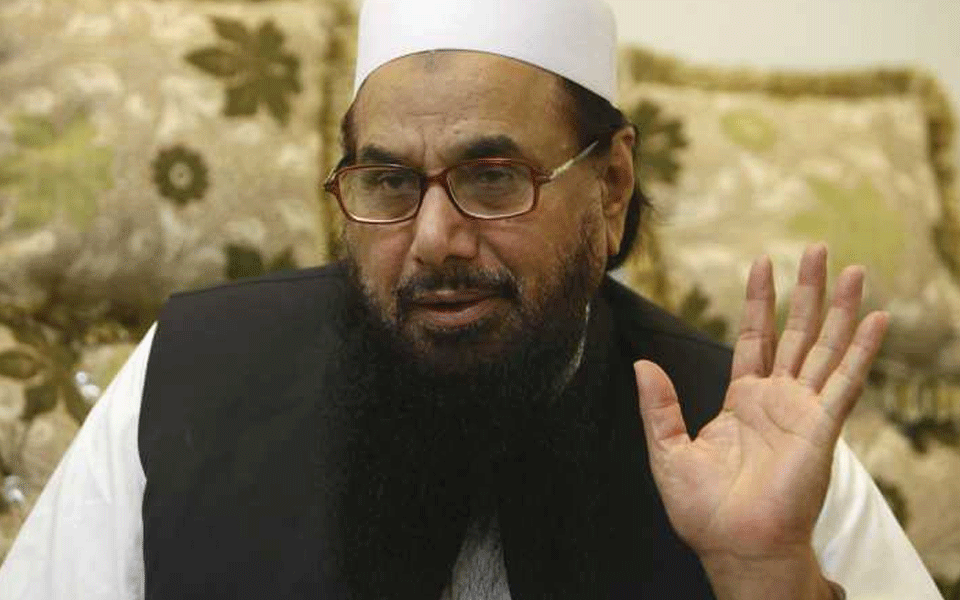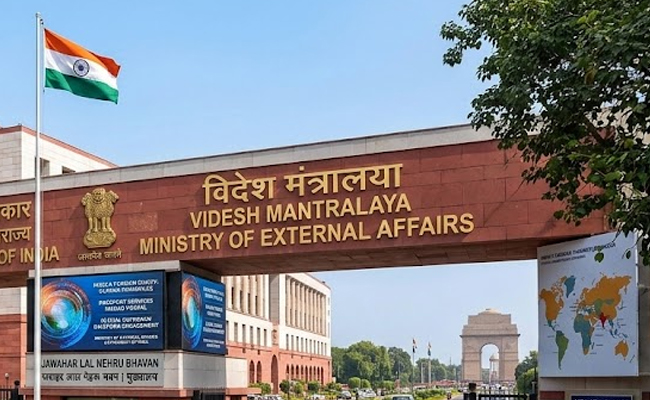Beijing: China on Monday warned students and academics on the "risk" of studying in the United States, citing an uptick in visa denials and delays amid a trade war and other tensions.
The education ministry in a statement urged students to "strengthen risk assessment... and make relevant preparations".
The ministry said Chinese students and academics have experienced visa restrictions, delays in obtaining them, and visas with shorter duration.
China is the biggest source of international students on US campuses, with 360,000 of them last year, or a third of the foreign student body, with many paying full tuition.
The warning comes after FBI director Christopher Wray said in April that Beijing has used Chinese graduate students and researchers, among others, in its economic espionage efforts in the United States.
Last month, Republicans in the US Congress introduced legislation aimed at barring Chinese military scientists from obtaining visas to study or work in the United States.
The bills in the House and Senate would compel the White House to identify a list of research and scientific institutions that the president determines are affiliated with or funded by the People's Liberation Army.
The PLA Visa Security Act would prevent people currently or formerly employed or sponsored by such entities from entering the United States on student or research visas.
China's state-run Global times has published accounts from several Chinese academics saying their 10-year visas to the US were cancelled, with officials citing concerns about links to Chinese intelligence.
US scholar Michael Pillsbury, who advises US President Donald Trump on China, said his visa to enter the country for a forum earlier this year was blocked in apparent retaliation.
Let the Truth be known. If you read VB and like VB, please be a VB Supporter and Help us deliver the Truth to one and all.
New Delhi (PTI): The Ministry of External Affairs (MEA) has set up a control room to assist those affected by the escalating crisis in West Asia.
The MEA has said almost one crore Indian citizens live in West Asia and their safety and well-being is of "utmost priority" for New Delhi.
As the Iran-US conflict widened, the Indian embassy in Iran moved hundreds of Indian students from the Iranian capital of Tehran to safer locations.
"A Control Room has been set up in the Ministry of External Affairs in view of the current situation in West Asia and the Gulf region," the MEA said on Wednesday.
"The Control Room can be contacted from 9 am to 9 pm at: 1800118797 (Toll Free) +91 11 2301 2113, +91 11 2301 4104, +91 11 2301 7905," it added.
The US launched military strikes on Iran on February 28, killing Iranian Supreme leader Ali Khamenei.
Following the military offensive, Iran has carried out a wave of attacks mainly targeting Israel and American military bases in several Gulf countries, including the UAE, Bahrain, Kuwait, Jordan and Saudi Arabia.
The MEA on Tuesday noted that almost one crore Indian citizens live and work in the Gulf region, and their "safety and well-being is of utmost priority."
"We cannot be impervious to any development that negatively affects them," it said.
The MEA said New Delhi will continue to closely monitor the evolving situation and take relevant decisions in the national interest, adding it is in touch with the governments in the region as well as other key partners.
A Special Control Room has been set up in the Ministry of External Affairs in view of the current situation in West Asia and the Gulf region. Details are as below ⬇️
— Randhir Jaiswal (@MEAIndia) March 4, 2026
🔗 https://t.co/nK3d6SY9Pa pic.twitter.com/v2EhUI5B1x




